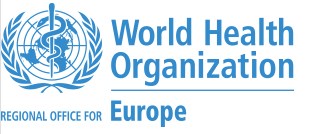WHO Europe paper on pricing policies to promote healthier diets miss
On 23 March 2015, WHO Europe released a paper called “Using price policies to promote healthier diets“.
Although the paper acknowledges that broader effects of HFSS taxes, such as product substitution, the impact on health inequalities and on overall diet, should be very carefully taken in consideration for designing a tax, it largely supports fiscal measures and concludes that taxes can be effective. The saturated fat tax in Denmark, the sweets tax in Finland and the product health tax in Hungary and the tax on sugar and non sugar-sweetened beverages in France are among the examples reviewed and are described to have provoked reductions in consumption, among other positive effects.
However, WHO Europe has not included the latest findings of the study ‘Food taxes and their impact on competitiveness in the agri-food sector’, commissioned by the European Commission. It found that food taxes in general achieve a reduction in the consumption of the taxed products and as a result, consumers may instead purchase similar non-taxed or less heavily taxed items. It also shows that consumers may simply buy cheaper brands of the taxed products, thus potentially not lowering their consumption of the ingredient the tax aims to target (i.e. salt, sugar or fat). Equally, consumers may be able to buy other products with similar levels of sugar, salt or fat to those that are taxed. The full European Commission study can be downloaded here.
Taxing food and drink is regressive and places stress on the least well-off members of society who spend a greater percentage of their income on the weekly shop. Obesity is a complex problem, and cannot be attributed to just one product. Information and education, not tax, is the way to teach people how to eat balanced diets and lead healthy, active lifestyles.
The full WHO Europe report can be read here.
 Education not tax, Taxes unfair, Denmark, Europe, Finland, France, Hungary
Education not tax, Taxes unfair, Denmark, Europe, Finland, France, Hungary